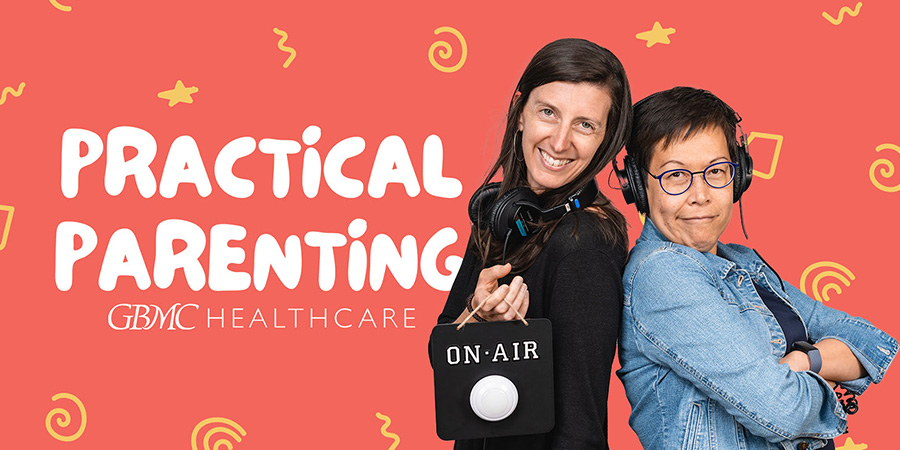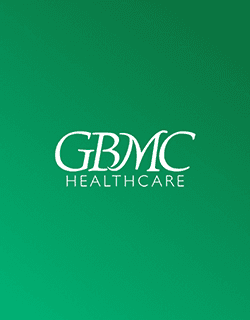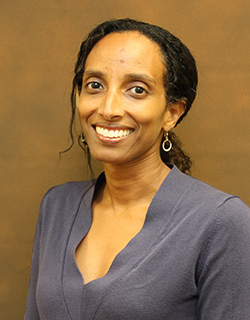Practical Parenting: Raising Digitally Smart and Media Literate Kids
November 14, 2025
The digital world can literally feel like its own world, with its own language and rules. The acceleration of tech advancement can make it hard for parents to keep up, but we don’t necessarily need to have a firm grasp of every new app or development. The central thing we can do to help our children is to teach them to become good stewards and discerners of the media content designed to steal their attention.
Understanding the concepts is a good first step.
- Media literacy is the ability to decode media messages, assess their influence, and create their own media thoughtfully and conscientiously. Media literacy helps kids understand how media is made, what it’s trying to do, and how it affects thoughts and emotions.
- Digital literacy expands this concept to include navigating online tools, evaluating credibility, communicating ethically, and staying safe.
- AI literacy now plays a growing role in helping youth understand tools like chatbots and how to use generators safely and responsibly.
We can’t quickly bucket media use into “good” or “bad.” It follows a valley-shaped curve, meaning both extremes can create problems. Research has shown that both zero screen time and unlimited access can be linked to increased mental health concerns. The goal for parents is to help kids stay in the middle space where social connection, creativity, and online exploration can happen without overwhelming their wellbeing.
Media exposes us to new ideas, builds social connections, especially for LGBTQ+ youth or marginalized kids, and provides access to a wide breadth of information. But risks are real and wide-ranging.
Sedentary screen time can increase obesity risk, especially in younger children. Blue light disrupts melatonin and sleep, making nighttime device use harmful. Heavy gaming can lead to what is now formally diagnosed in the DSM as internet gaming disorder, affecting up to 8.5% of U.S. youth. Social platforms also introduce risks of cyberbullying, sextortion, predatory behavior, and harmful comparison through passive consumption.
There is an alarming pattern of online predatory behavior happening on platforms like Roblox, including cases linked to groups such as “764,” which target kids through gaming chats and use shame and coercion. Stress to children the importance of never sharing location information or personal identification information online and make sure kids know they can come to parents without punishment.
No one is perfect about their digital habits, including parents. Creating healthier digital habits together is an important way to foster open conversations and engage children in building these skills.
Families can build a media plan together using the American Academy of Pediatrics tool. When kids participate in creating the rules and boundaries, it increases buy-in, helps them learn negotiation skills, and should be revisited and adjusted as they age. We also recommend creating screen-free zones, such as the dinner table, bedrooms to protect sleep, and using humor (like phone-stacking challenges at dinner) to ease transitions.
Both parents and kids can benefit from the reminder that your best commodity is your attention and your time. Do not give it away for free. Helping kids understand who creates media, who benefits, who loses, how algorithms are designed to hook them, and what they can gain or lose from their digital experiences empowers them to reclaim control.
Listen on ...





